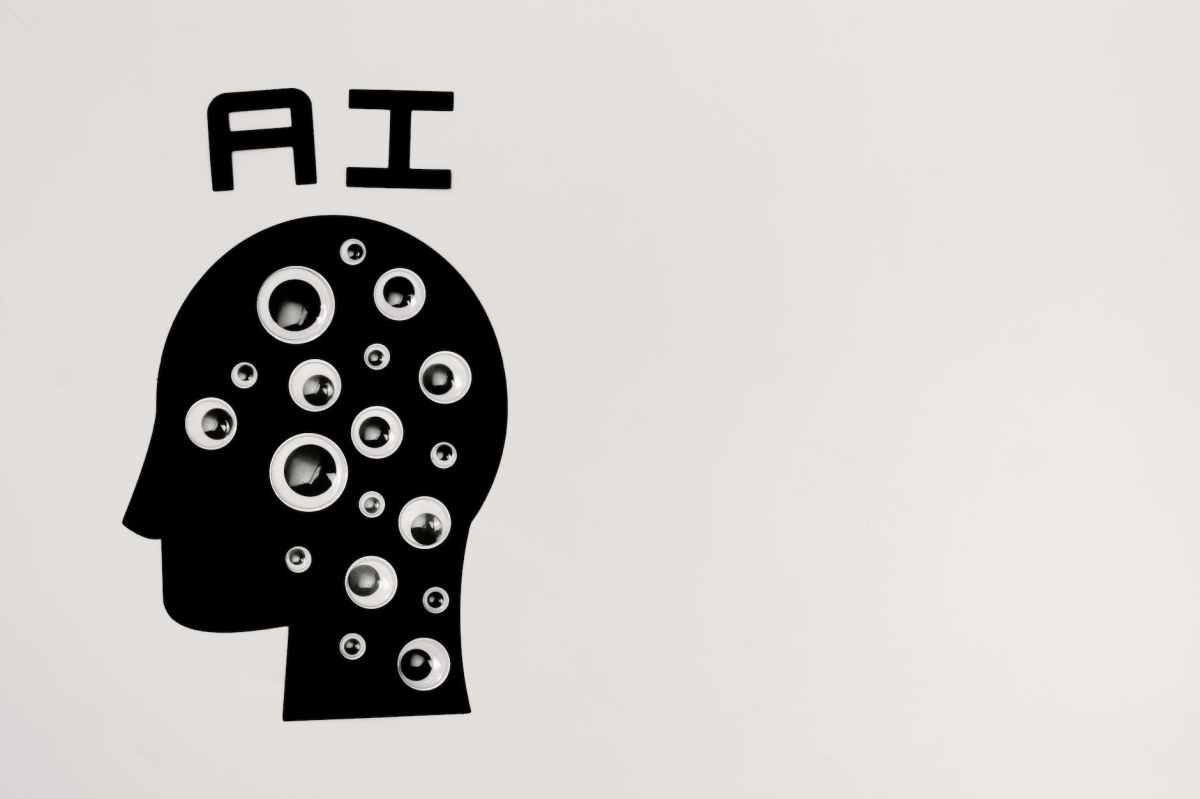The potential of artificial intelligence can be seen very graphically with data. If we stop to analyze how long it took different technologies to reach 100 million users we will see that fixed telephony took half a century, mobile telephony 12 years, Instagram just 2 years and Chat GPT took only a month.
This dizzying pace of change is not going to stop and affects many aspects of our daily lives, and education is no exception. As Telefónica’s chairman, José María Álvarez-Pallete, recalled at the closing ceremony of Enlighted 2023, “artificial intelligence is not just another step, it is the true revolution. It is not one just technology, it is many technologies that feed off each other”.
How will artificial intelligence change the educational experience?
AI is a very important asset both to help improve teaching and to be able to better respond to student needs.
In essence, education today still looks like it did decades ago: someone is teaching a class for students who are taking notes.
However, intelligent algorithms will enable personalized education, as well as adapting teaching to the pace of learning through conversations with extended language models.
As with any new technology, the deployment and development of other tools generates uncertainty as to how things may evolve.
The calculator, another example of change in the classroom
Given these doubts, Esther Wojcicki, founder of the Media Arts Program at Palo Alto High School, draws a parallel between the emergence of AI in education and the arrival of calculators in the classroom, which for some would mean the disappearance of the ability of students to make mental calculations.
This expert rules out that there are grounds for fear in the educational community in the face of the advance of artificial intelligence, since for her the basis of education is to empower students, give them the opportunity to believe in themselves and make them feel independent.
Therefore, she advocates considering AI as a real asset and not a threat that can help teachers to become better professionals and that can help students to solve doubts.
For those of you who are interested in going deeper into the subject, we suggest that you do not miss this talk between experts Edo Segal, Ikhlaq Sidhu and the aforementioned Esther Wojcicki, in which they discuss the profound transformation that AI is bringing about in the world of education and its consequences:
AI meets today’s education challenge
“Artificial intelligence provides the potential to address some of the biggest challenges in education today, innovate teaching and learning practices and accelerate progress towards the achievement of SDG 4“.
This is how UNESCO, the UN organization for education among other subjects, exemplifies the relationship between AI and the educational world, recalling that, “however, rapid technological developments inevitably bring with them multiple risks and challenges.”
To ensure a humanistic approach to artificial intelligence, the international organization stresses that “the deployment of AI technologies in education should aim to enhance human capabilities and protect human rights for effective human-machine collaboration in life, learning and work, and for sustainable development”.
For Stefania Giannini, UNESCO’s Assistant Director-General for Education, “the emergence of new digital technologies is a great opportunity. These innovations can help marginalized students, those with disabilities and those belonging to linguistic and cultural minorities. These technologies can help to personalize learning and create more flexible educational systems, and can also serve to overcome geographical and temporal barriers to generate immersive learning.”
However, Giannini also stresses that “technology should never replace competent teachers because they accompany their students in their holistic development, both as individuals and as members of society. To achieve equal opportunities in the digital sphere, we must manage technology applied to education according to the principles of inclusion, equality, quality and accessibility”.
